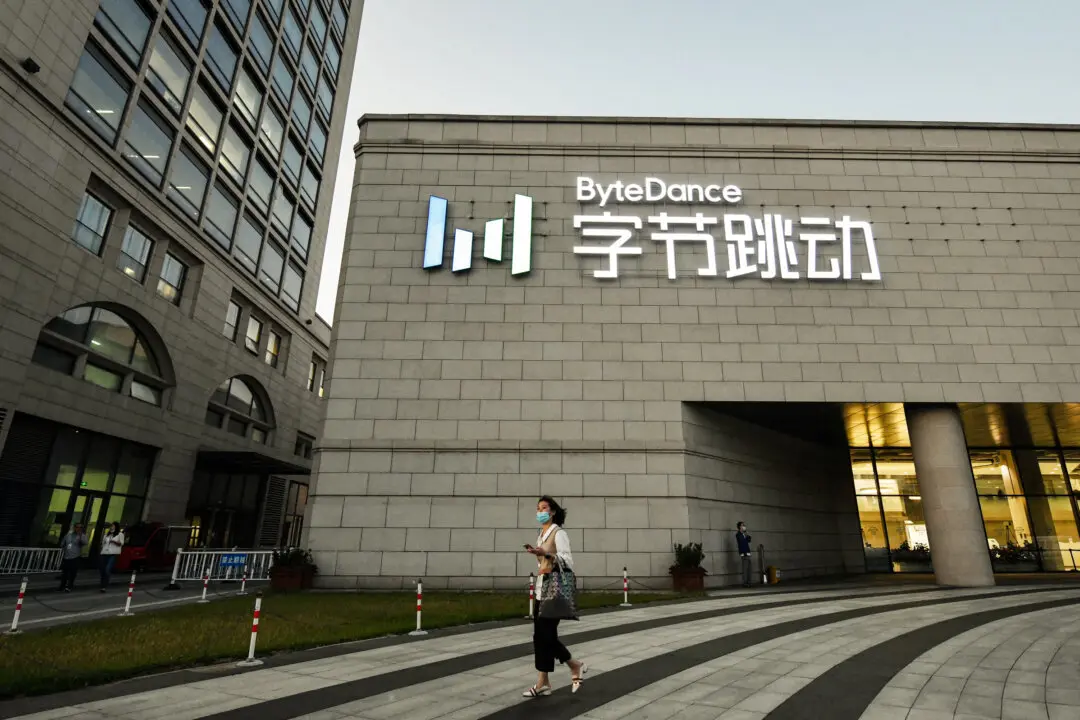After the ban of U.S. audio-based social media app Clubhouse last month, the Chinese regime issued an official notice on March 18 to tighten internet control over voice software on Chinese social media platforms, pressuring domestic technology firms to implement surveillance measures.
Following the popularity of Clubhouse, Chinese tech companies such as Xiaomi have launched similar audio social media platforms, which use deepfake technology to alter voices. Xiaomi makes smartphones and mobile apps.
The online audio messages and voice apps pose a challenge to China’s internet surveillance system, and therefore, the regime is taking action to control them. The Cyberspace Administration of China (CAC) released an official notice on its website on March 18 stating that the CAC and the Ministry of Public Security have instructed local cybersecurity and public security agencies to strengthen the security assessment of voice social software and new internet technologies and applications involving deepfake technologies, in order to maintain national security and public order.
The CAC and the Ministry of Public Security have summoned the heads of 11 major Chinese technology companies, including Alibaba, NetEase Cloud Music, Xiaomi, and Tencent, to pressure them to ban the voice software on their platforms, according to state-run Xinhua.
According to the CAC, the 11 companies haven’t been diligent with carrying out security assessment procedures regarding the audio messaging apps on their social media platforms and voice-altering software involving deepfake technologies. The agency urged them to conduct security assessments and rectify potential threats to internet security in a timely manner, and to submit reports to the CAC and public security agencies.
A Chinese internet activist surnamed Ding told Radio Free Asia (RFA) on March 18 that the CCP’s recent move shows it intends to continue its tight control of the internet and to eventually take over privately owned tech companies.
“I think the control is getting stricter. The next step would be to nationalize the big tech firms like Tencent and Alibaba,” she said.
Chinese internet activist Shen Zhi told RFA that when the authorities require internet service providers to carry out security assessments and submit data and reports, it indicates that these privately owned companies are joining the Chinese regime’s surveillance system and becoming part of the government.
An IT technician surnamed Zhan explained the process of online monitoring to RFA.
“These internet service companies have a mechanism to collect your initial voice in the audio messages either on TikTok or other platforms, and record and store them on their servers. It’s not available to the public and to other companies, but it’s connected to the public security agencies,” he said.
He said that in the future, China’s domestic mobile phone software or social media platforms will collect biometric information, including voice, as well as other personal data.
“It is equivalent to a public security agency. They [tech companies] have a mechanism to trace you and hold you accountable. It is already being implemented in the [tech] industry. I know that in public places that have internet and computer services, such as internet cafes and business centers in five-star hotels, the CAC has [installed] a mirror port at the data entrance there, and the data you enter and receive must pass through the data port, which is the data port of the Public Security Bureau.”
Chinese authorities also require tech companies to submit reports to the government for security review if they plan to add new functions or new information services that “have the ability to mobilize society,” according to the CAC.




